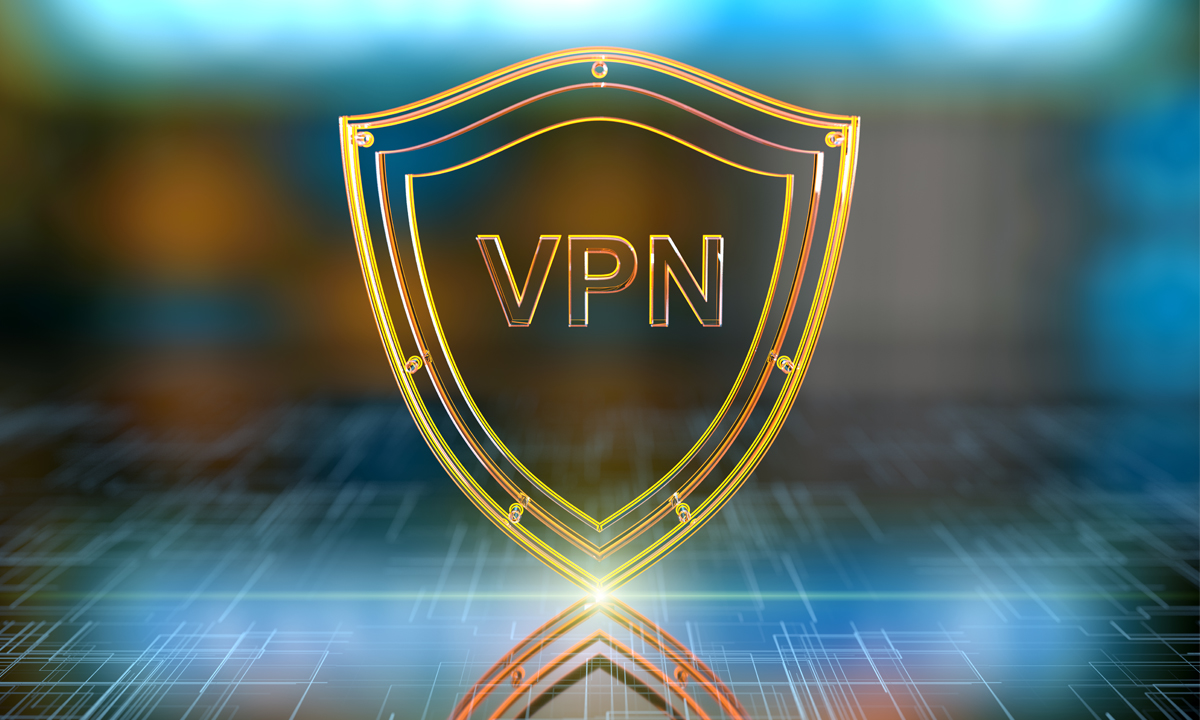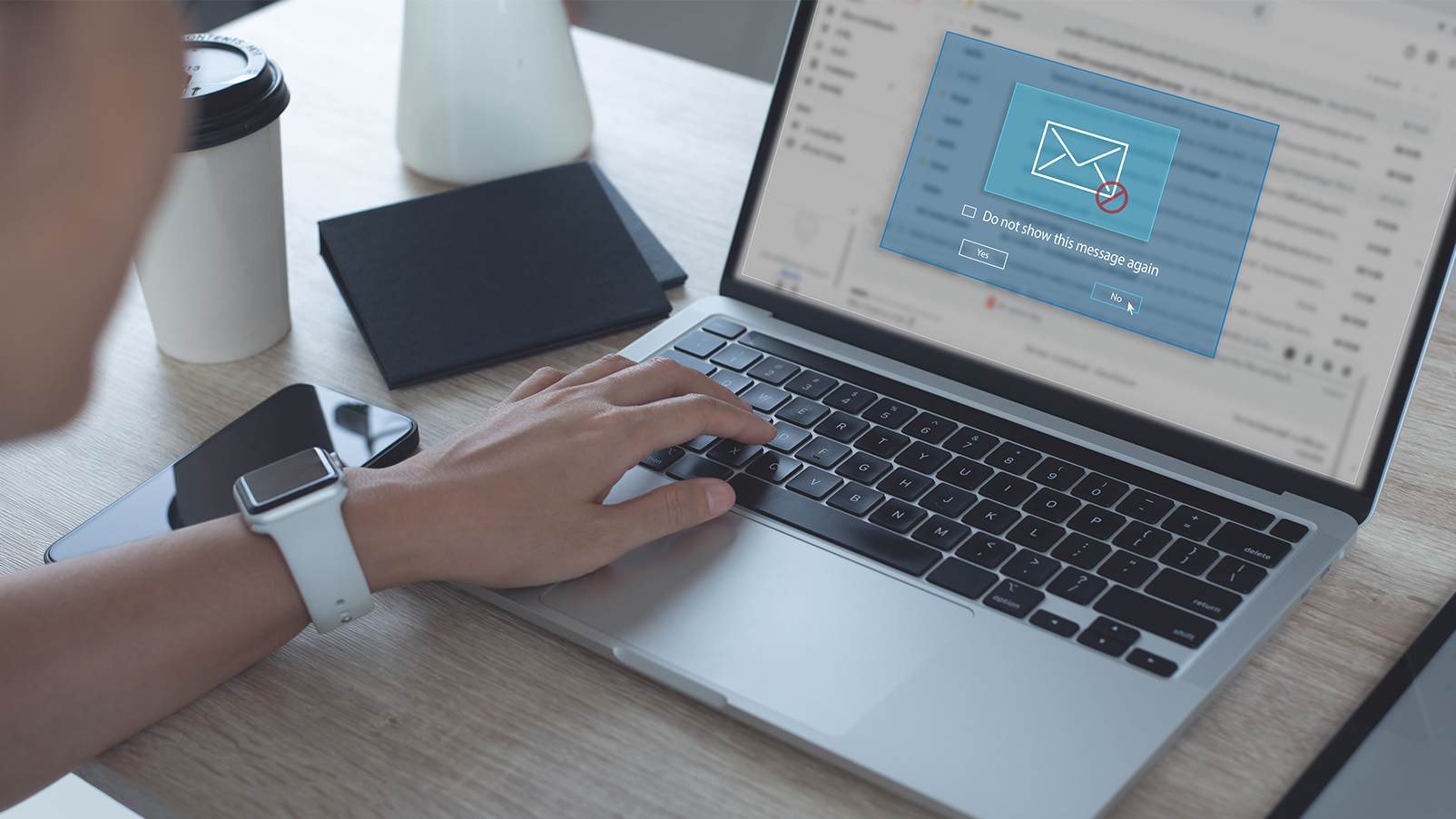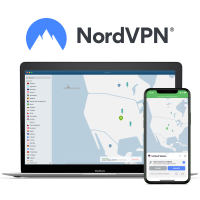Why you should use a VPN at work, in the office, WFH and remote
An office essential – wherever the office is

You might think that having one of the best VPNs is mainly for personal use, but that's far from the case. Installing a VPN and using it during your workday might be just the tool to boost your productivity and safety while using your computer co-worker.
While personal VPNs connect to a server of your choice anywhere in the world, the best business VPNs are instead normally used by large corporations to connect to an internal company network.
These VPNs are great for remote workers to access company resources safely and securely wherever they are. If you work for a larger company, it's likely you have access to a business VPN, but as an individual, you'll want a commercial VPN from a provider like NordVPN, Surfshark or ExpressVPN. Whether you work from home, in an office, or a little bit all over the place, here's why a VPN is the perfect addition to your daily toolbox.
NordVPN: Our top VPN pick
NordVPN is a massively popular provider that's taken the VPN world by storm. It's one of the quickest providers and you'll have no trouble watching Netflix in HD, gaming online, or joining video calls. NordVPN is also jam-packed with privacy-enhancing tools to secure your day-to-day browsing. You can even try a 30-day money-back guarantee.
Access all areas

Everyone has a different work process. Some people are at their most productive when listening to music, others like to chat a bit. I know plenty of people who like to have something on in the background like YouTube, but that's not always possible in the office.
Luckily you can use one of the best streaming VPNs to access TikTok, YouTube, Netflix and more when connected to your company's network. How's this possible? Well, VPNs encrypt your traffic, meaning that your network can't see what you're browsing, and subsequently can't make the decision to restrict it. It could be an essential report or just a TV show – there's no way to decode it.
Let's be honest here, there's nothing wrong with catching up on your favorite shows during your lunch hour or falling deep down a YouTube rabbit hole if it helps you focus.
Professional protection

If you're a remote worker who enjoys working from a public place such as a coffee shop, then you should watch out. Using public Wi-Fi can be risky, and hackers have been known to set up unsuspecting Wi-Fi networks titled things like "Free public Wi-Fi" to steal the data of those who log in.
This is known as a man-in-the-middle attack, where a bad actor will set up their own Wi-Fi network, and log everything that people use it for. This can include passwords and security keys, and even personal messages and other communications.
Luckily, the encryption a VPN offers stops the owner of the dodgy network from seeing what you're doing. This renders the attack useless, and keeps all your private information safe and sound.
No phishing

7583. That's how many unread emails are currently sitting in my work email inbox. Not because I don't care (I do read all relevant emails), but because the vast majority of them are spam. I'm nervous to click anywhere that could be suspect, but luckily many popular VPNs have anti-phishing features.
Chief among them is NordVPN's recently launched Threat Protection Pro. This tool is set to eliminate any email anxiety. It automatically scans suspicious URLs and links on your computer and checks any downloads for malware. Functioning whether you have the VPN enabled or not, it essentially works as an antivirus replacement, and an effective one too.
While other providers have similar tools, what makes Nord's so good is that it works on a deeper level. It goes past domain-level protection right to the URL and JavaScript of a website itself. It's much more than just a DNS filtering approach.
Another related product is Incogni, which can be bundled with Surfshark, the best cheap VPN in our testing. This service sends automated requests to data brokers to remove your details, which markedly reduces the amount of unwanted emails clogging up your inbox.
Avoid bandwidth throttling

If you're like me, you may well pay for super-fast internet, and if you're working from home – especially if you're juggling dozens of tabs and Zoom meetings – your data usage can rack up a fair bit. Throw in family members streaming or gaming and you're using some serious internet bandwidth. So much so that your Internet Service Provider (ISP) may start to throttle it and reduce your capacity in the name of protecting its wider network – and that stings if you're paying though the nose for maxed-out speeds.
ISPs also often throttle your connection when they detect certain activities. These can include torrenting, uploading large files, or simply streaming video for a long time.
Think it's happening to you? Check your internet speed when things get busy, if it's massively lower than you expect then you might be subject to throttling. However, if you connect to a VPN and test again, the speed might go back up.
The principle is simple: using a VPN stops your ISP from identifying what you're using your internet connection for. Although it will still be able to see your total bandwidth used, it won't be able to pin down exactly what you're using it for – and if it can't do that, it can't make the decision to throttle you. Of course, having one of the fastest VPNs comes in handy here. too.
Andy is a freelance writer with a passion for streaming and VPNs. Based in the U.K., he originally cut his teeth at Tom's Guide as a Trainee Writer before moving to cover all things tech and streaming at T3. Outside of work, his passions are movies, football (soccer) and Formula 1. He is also something of an amateur screenwriter having studied creative writing at university.

